Last Updated on January 21, 2022
Managing the product data is a very strenuous and demanding process, especially when you are handling a huge amount of products that require continuous customization. But with the PIM software, this arduous task becomes instead easy and you can centrally manage all the product data in a very efficient manner.
What is PIM Software?
PIM is an acronym for “Product Information Management”. It is a concept of centralizing the product data and then distributing that data to the different ecommerce platforms, where your products are listed. Using PIM software, you can synchronize print catalogue, POS, marketplaces, and ecommerce channels. PIM has become a necessity for modern B2B and B2C ecommerce stores. It can collect data from every channel and putting it into a single place. It can store the product data such as product attributes, attribute family, media files, category, catalogue details, and other information.
Also Read: Ecommerce Marketplace B2C & B2B Model – A Complete Guide
Why your Magento store requires a PIM Solution?
Magento, one of the best platforms for ecommerce applications is getting used by more than 250 thousand merchants. However, in Magento CMS, many integrations such as Order Management System, ERP, or any third-party software come with two-ways synchronization. It simply means that the store owners need to maintain the data of products in more than one place. But is this going to work? Yes, but you can’t rely on this completely, plus you also need to schedule out time at regular intervals. Henceforth, it will directly impact your employees’ precious time. But that is not a case with a product data management software by which you can maintain the product from one place.
Using PIM, you can seamlessly take care of all the necessary integrations for providing better site management experiences and sending the products faster to the market.
Also Read: Top ERP Systems to Integrate Your Magento 2 Store
What are the Benefits of PIM Software?
A top-notch product information management software helps you in taking care of your products and gives you many other benefits. A few main benefits of PIM software are:
1. Transparency & Ownership
When the product data is managed on different platforms then a major question who will responsible for upgrading the data on which platform? This can result in a lack of ownership & no transparency. Henceforth, a PIM software will diverse the workflow tools for creating ownership, and increase transparency. It streamlines the interdepartmental collaboration. It also offers a powerful search tool that your employees can use for accessing relevant and comprehensive information including product recalls, audits, reports, and other things.
2. Better Catalog Structure
PIM software is capable of aggregating information in many different formats. Many ecommerce platforms demand strict attachment to their catalogue structure for a branding and better customer experience. A PIM software can send product information to these platforms automatically. Henceforth, it ensures better coordination among all the members of your business’ marketing team. It provides quality reports of the content and of any update in the data, along with the history of any changes & modifications made. The team leaders can track these changes and edits to the catalog.
3. Data Centralization
Using PIM, your employees can classify the products and organize them in accordance with their categories, and data fields, and can update any associated data. The data is then sent to the associated channel and auto-populate the fields.
By using catalogue printing and design connectors, you can eliminate any discrepancy between a physical and digital catalogue. Thus, the same collection products will appear with the same info. whether it is a web-based digital catalogue or a printed catalogue.
This data centralization also helps in translating the product data in different languages.
4. Better Customer Experience
By PIM software, the customers get easy access to all the product details and other relevant information. Thus, when a customer buys products after proper analysis, it reduces the chances of returns or complaints. Also, the customer can reach to new products much faster even in normal circumstances. The buyers can also check how much stock is available, which is highly important for B2B buyers.
5. Better Time Management
As the adage goes “Time is money”, using a PIM solution you can save a lot of time on unnecessary tasks and can focus on more important ones. It eliminates data entry and other constant work. It also makes to navigate the products and inventory updates.
Apart from these, it is simpler to clean data and streamline information. Hence, your company employs can give attention to other profitable tasks. It also removes this data management frustration and increases employee productivity.
6. Cost-Effective
Integrating the best PIM software for your online ecommerce store will have a significant impact on the underlying costs. It will reduce operational and supply chain costs. Better and accurate information about products eliminates management risks and prevents the cost of bad product data. Businesses can also rule out “Out of Stock” items before arising customer queries and thus build a better brand reputation.
Along with these benefits, business owners can use PIM data to audit and improve their business practices.
7. Easy to Integrate
A top web development company can easily integrate the best PIM software into your ecommerce store. They will provide you with complete access to product reports and other necessary data.
Overall, a PIM solution saves costs, enhance your brand reputation, saves your precious time, and results in better customer experience.

Core Features of a PIM Software
In this competitive world, every customer chose that store which gives him an exciting and compelling shopping experience. In order to fulfill an amazing experience, you should use high quality and reliable PMI solution. The core features of a standard PIM software are:
Product Content Management
After an interval of time, when your business will get flourish and expands, you need to check the sales throughout. Definitely no owner would want to wonder where his files are, instead he wants to focus on business activities. Hence, a PIM solution manages all the content details and push it to various channels on the go. A PIM supports many different attributes such as numbers, images, files, price, metrics, text, and text area.
Multi-lingual
With the advent of technology, in this global world, you can sell everywhere, anywhere. While selling products at a different location, you need to adapt as per their culture and the foremost their language. Localization is a critical part of your business if you have clientele or customers across different nations. With PIM, you get astonishing localization features which you can use for presenting your product data in different languages to the local customer base.
Multi-channel
For reaching a wide range of audiences, you must sell your products at multiple channels. It can be really arduous to change and manage the content at these different channels. So what can you do to overcome this hassle? Take leverage of a PIM solution.
When you will make changes only once in a PIM, the changes get reflected in all the other channels where you are selling your products. With a multi-channel option in PIM, you can directly send the API to third-party applications, and the work gets done.
Digital Assets Management
When you open an online ecommerce store, you see only content and images. Images, videos, content, text, and other documents of product build up the credibility of the buyer. Many PIM software comes up with in-built digital assets management (DAM) to manage your digital items at a single place.
Marketplace
There are many PIM software in the market, which are helping ecommerce stores for maintaining products and their brand reputation. Almost every other PIM solution have their own marketplaces where robust in-built extensions/integrations and external add-ons are put up to supercharge your brand. Using the add-ons, brands can expand their business horizons and step into newer avenues.
Also Read: Best eCommerce Platforms for Your Business
Most Popular PIM Softwares
Now the wait is over, here’s the list of top PIM software that you can integrate into your online ecommerce store.
1. Akeneo
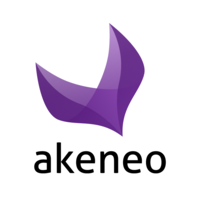
Akeneo PIM is highly easy to use PIM which optimizes all your processes. It will centralize all the product information and makes fluent the process of collecting, spreading, and enriching the product data. It can easily integrate into other systems and tools. Akeneo is perfectly customizable for meeting your organization’s needs. It is built to support all types of catalogues whether simple to complex.
Integrating Akeneo in your online ecommerce store will result in reduced returns, better customer experiences, speed up the process of maintaining product information, and high conversion rates. It comes with standard features like import/export data, organizing & classifying products, Edit/Translation, Extension ecosystem, product asset manager, and others.
2. inRiver
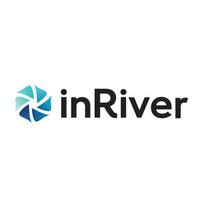
inRiver PIM software gives you optimized product experience, connect sales channels with the users’ data sources. It helps in business processes and allows the business owners to cut down unnecessary expenses and give more control over their inventory or supply chain. It provides accurate product data to the users using APIs, plugins, and connectors. Using inRiver, you can be assured to give the right information to your customers. Some of the main features of the inRiver are; APIs & connectors, product creation template, catalogue management & production, content planning, publication, product information updates, backend integration, etc.
3. Pimcore
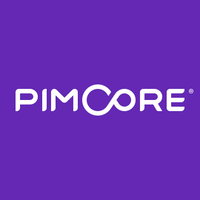
Pimcore is an open-source PIM software that comes with inbuilt data management & management capabilities. Using Pimcore you can easily maintain product information and multi-channel publishing. You don’t only edit and manage web content but can also publish data information & creating catalogues or price sheets with the feature called Web-to-print. It is being used by Ikea, Burger King, and others.
The Pimcore flexible platform has all the information in one place, from products, locations, services, and jobs. With an easy CMS and drag and drop features, the marketing team is much faster and they offer shopper impressive experience.
4. BlueStone
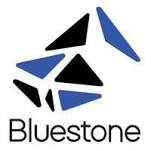
BlueStone PIM comes with the throng of features & capabilities. It centralizes the product information and makes convenient for the business owners to manage product data across different market channels, media, ERP systems, trading partners, and print catalogues to mention a few.
It is best for those businesses which seek to implement an omnichannel strategy in displaying & distributing the product data to different channels. It comes with astonishing DAM facilities, and gives the store owner complete control over data such as images, videos, documents, and others. The other features include APIs & webhooks, permissions, bulk editing, staging, dashboard & analytics, and market support.
5. Oracle
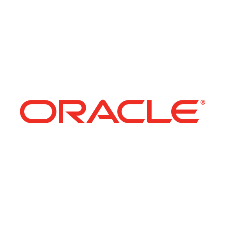
Oracle PIM allows the store owners to manage vital information and share product information across the enterprise. It helps in bringing data from disparate systems such as 3rd Party applications, legacy applications, duplicate data in global locations, vendor or supplier item data, etc. It can centralize the product data from different heterogeneous systems. It will create and maintain product data such as items, bundles, SKUs. The Oracle Product Information Management provides improved controls for the retailers to better cleanse & enrich information to share the content across the enterprise, & with their trading partners.
6. Salsify

Salsify PIM combines the features of PIM and DAM platforms. Unlike traditional PIM software, it has a flexible approach for data modeling. It can turn multiple data sources into a customer-ready content, and then into sales. Salsify quickly analyzes if the content meets the requirements of every sales channel the brand publishes to. It comes with a wide range of APIs and scheduled imports/exports. It can receive data from any source and can be sent to any system. Salsify connects to ERPs, legacy product information management systems, retailer and distributor portals, content agencies, analytics providers, ecommerce platforms, ratings and review sites, and more.
Wrapping Up
You must have understood the importance & benefits of PIM software. It can help you in many different ways and help you in running your business smoothly. At Emizentech, we are having the expert ecommerce developers who can integrate the best PIM software into your online ecommerce store and streamline your business activities.

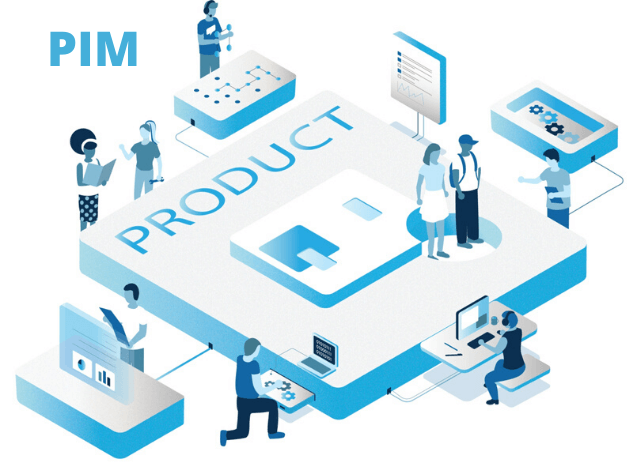

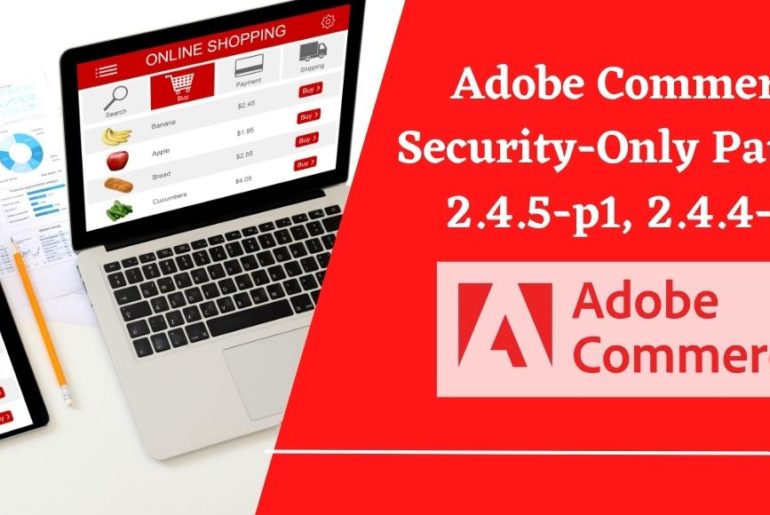
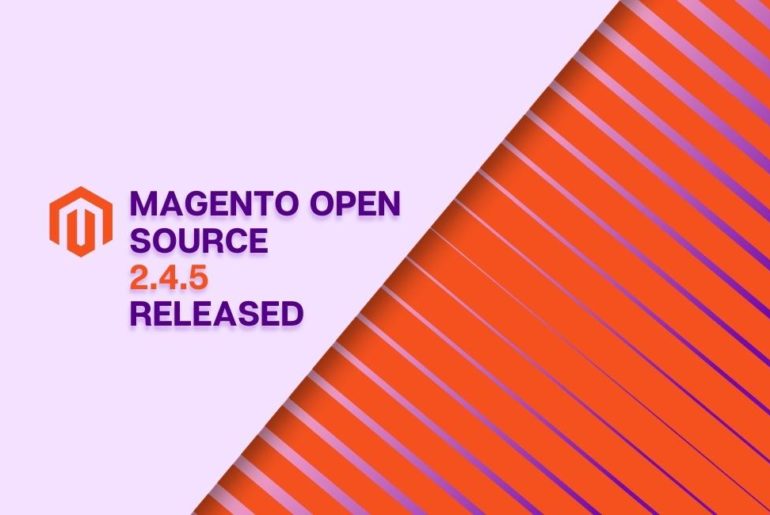
 USA
USA UK
UK Singapore
Singapore